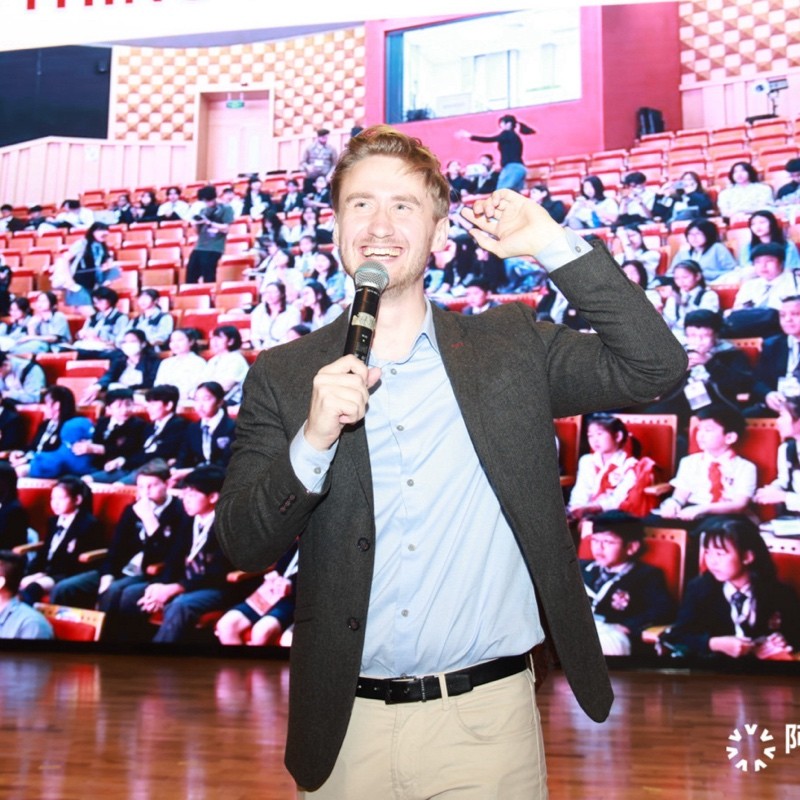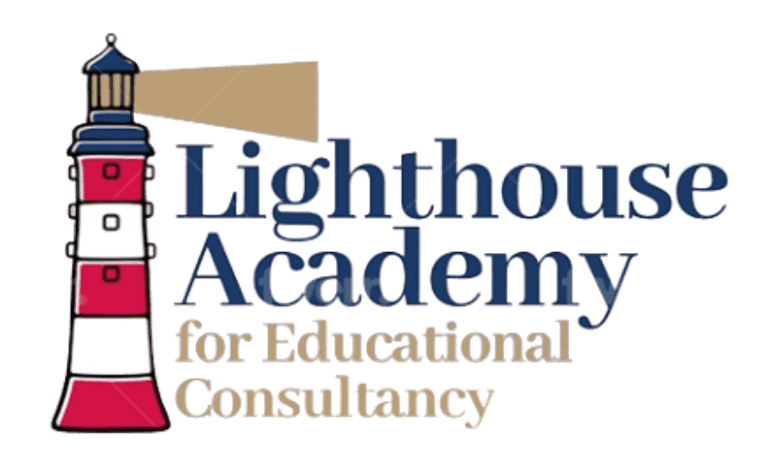Fostering Interdisciplinary Learning at Lighthouse Academy Through the World Scholar’s Cup
At Lighthouse Academy, we understand that the challenges of the modern world require more than isolated academic expertise. Interdisciplinary learning is crucial to fostering critical thinking, innovation, and problem-solving skills. Through the World Scholar’s Cup (WSC), we provide our students with an opportunity to engage with a wide range of subjects, enabling them to make connections between fields like science, history, literature, and the arts. This holistic approach not only prepares students academically but also nurtures their ability to approach real-world challenges from diverse perspectives.
WSC


Interdisciplinary Learning: Connecting the Dots
At Lighthouse Academy, we aim to break down the traditional barriers between subjects, promoting an understanding of how different fields interconnect. Interdisciplinary learning goes beyond learning facts from individual subjects and encourages students to view challenges through multiple lenses. As highlighted by Renzulli et al. (1999), this approach is particularly beneficial for gifted students, who often experience underachievement when their intellectual needs are not sufficiently met. The World Scholar’s Cup offers an ideal platform for students to explore interdisciplinary connections, making learning both challenging and engaging.
In the WSC, students are required to tackle complex topics that span multiple subjects. For example, a student might be asked to explore the environmental impact of industrialisation, combining knowledge of environmental science, history, and economics. By participating in challenges like these, students develop a deeper understanding of how different fields of study overlap and influence one another. This encourages them to think critically about the world around them and the issues that cross subject boundaries.
Enrichment as a Catalyst for Achievement
Enrichment programmes, like the WSC, have been shown to play a crucial role in reversing underachievement and fostering intellectual growth. According to Renzulli et al. (1999), students often underachieve when they are not sufficiently challenged or engaged with the content. Enrichment activities provide opportunities for students to explore their interests in a deeper, more meaningful way, helping them to develop their intellectual and emotional growth. The WSC is one such programme that helps students step out of their comfort zones and engage with advanced topics in a collaborative setting.
The Gifted and Talented Programme at Lighthouse Academy leverages enrichment activities like the WSC to challenge students and help them reach their fullest potential. The competition exposes students to topics they might not typically encounter in a standard curriculum, pushing them to think critically and creatively about the material. Whether it’s debating complex global issues or crafting collaborative essays on multifaceted topics, the WSC encourages students to engage with content in ways that deepen their understanding and spark intellectual curiosity.
Key Benefits of Participating in the World Scholar’s Cup
The World Scholar’s Cup is more than just a competition; it’s a platform for developing essential skills that students will carry with them throughout their academic and professional lives. Through the WSC, students develop:
Critical Thinking and Problem-Solving Skills: By engaging with interdisciplinary topics, students are encouraged to think critically, analyse problems from different angles, and apply their knowledge to solve real-world issues. The competition challenges them to go beyond surface-level understanding and delve deeper into the complexities of each topic.
Collaborative Writing: One of the core elements of the WSC is collaborative writing. Students work together to research and write essays, which requires them to synthesise information from various disciplines. This fosters their ability to integrate knowledge from different fields and communicate ideas clearly and persuasively.
Public Speaking and Debate: In the debate section of the WSC, students present their arguments on a range of topics, using evidence and reasoning drawn from multiple disciplines. This helps them develop public speaking and rebuttal skills, learning how to defend their viewpoints and engage in constructive discussions.
Teamwork and Collaboration: The WSC emphasises teamwork, with students working together to solve problems, debate, and present their findings. This collaborative environment encourages students to value diverse perspectives and leverage the collective strengths of their team.
Real-World Connections and Global Perspectives
The interdisciplinary nature of the WSC helps students make real-world connections, preparing them for future challenges where solutions are rarely confined to one discipline. For instance, tackling a topic related to sustainable development requires students to draw from environmental science, political theory, and economic principles, reflecting the complexity of real-world issues. By tackling such topics in a collaborative setting, students gain insight into how different fields come together to address global challenges.
Moreover, the global aspect of the WSC exposes students to diverse ideas and cultures. They work with peers from different countries, gaining new perspectives on global issues and learning to appreciate the value of cross-cultural collaboration. This exposure to a range of ideas enhances their understanding of the world and prepares them to engage with international challenges in a meaningful way.
Empowering the Next Generation of Innovators and Leaders
At Lighthouse Academy, our mission is to empower the next generation of thinkers, innovators, and leaders. Through our Gifted and Talented Programme and involvement in the World Scholar’s Cup, we provide students with the tools they need to succeed not only in their academic endeavours but in life beyond school. By engaging in interdisciplinary learning, our students are better equipped to solve complex problems, think critically, and collaborate effectively.
As Renzulli et al. (1999) argue, enrichment programmes like the WSC help students to reach their full potential by reversing underachievement and fostering intellectual and emotional growth. At Lighthouse Academy, we are proud to provide our students with opportunities that challenge, inspire, and prepare them for a future filled with endless possibilities.
